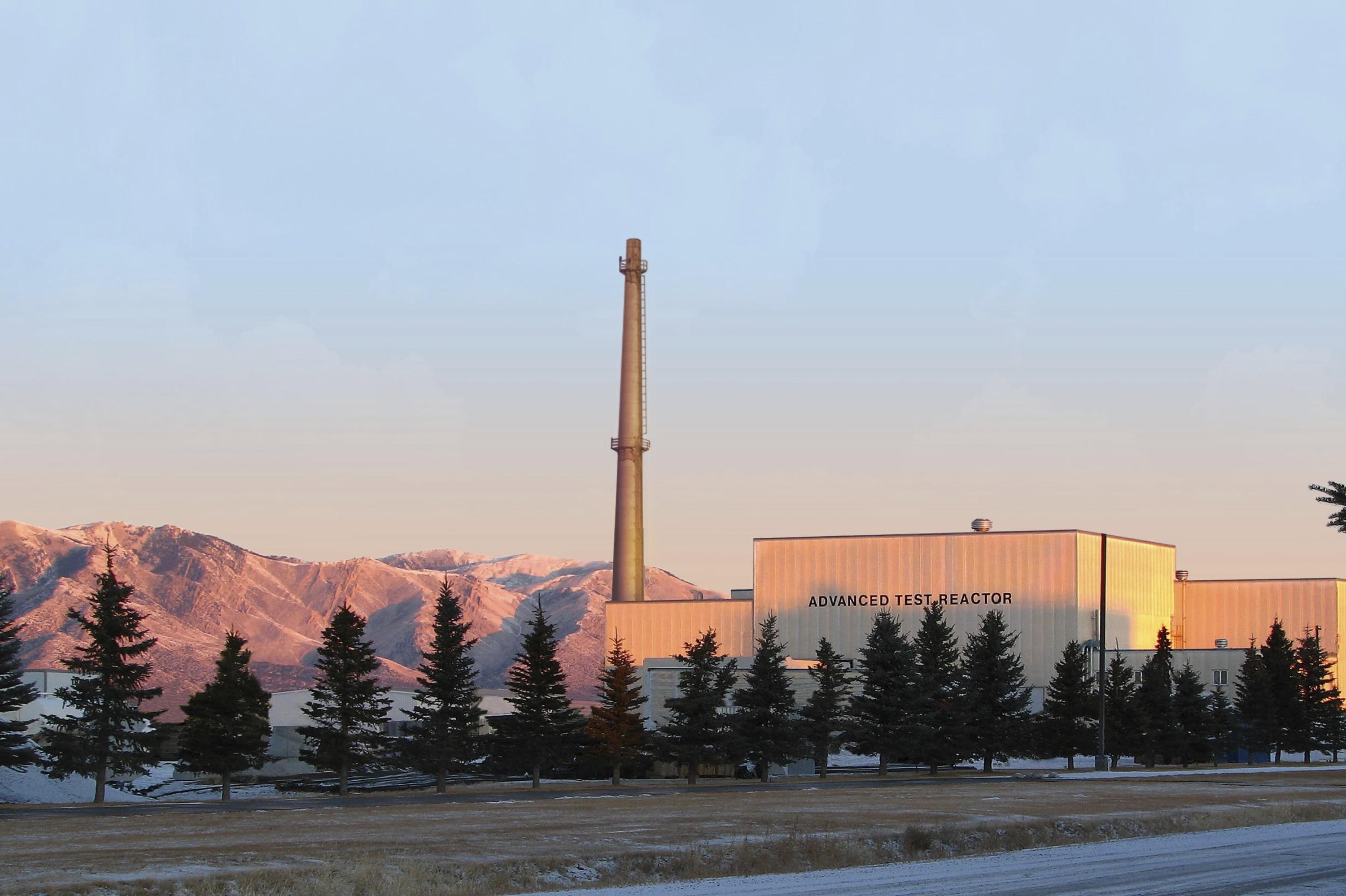Washington's $43.7b expenditure far exceeds that of other nations: Report
 This photo released by Idaho National Laboratory on Jan 31, 2007 shows its Advanced Test Reactor at Sunrise at Idaho National Laboratory's desert site about 50 miles west of Idaho Falls, Idaho. (PHOTO / AP)
This photo released by Idaho National Laboratory on Jan 31, 2007 shows its Advanced Test Reactor at Sunrise at Idaho National Laboratory's desert site about 50 miles west of Idaho Falls, Idaho. (PHOTO / AP)
The United States spent $43.7 billion on nuclear weapons in 2022, more than all of the other nuclear-armed states combined, according to Geneva-based International Campaign to Abolish Nuclear Weapons, or ICAN.
In its fourth annual report on global nuclear weapons spending, the ICAN, a global civil society coalition, said that global spending on nuclear weapons has increased for the third year in a row as the nine nuclear-armed states — US, Russia, China, the United Kingdom, France, India, Pakistan, Israel, the Democratic People's Republic of Korea — continued to modernize and expand their arsenals.
The report, titled "Wasted: 2022 Global Nuclear Weapons", shows that the nine countries spent $82.9 billion on nuclear weapons last year, of which the private sector earned at least $29 billion.
Russia spent 22 percent of what the US did and China spent just over a quarter of the US total, at $11.7 billion.
The report says that private companies continue to benefit from nuclear weapons spending and lobby to maintain nuclear weapons. In the United States and France alone, the companies which received contracts in 2022 spent $113 million on efforts to lobby their governments.
Think tanks also benefit from the corporate interests as nuclear weapon producing companies, nuclear-armed governments and those in nuclear alliance spent $21-36 million, funding the 10 most prominent think tanks researching and writing about nuclear weapons in nuclear-armed states, according to ICAN.
It lists US-based think tanks Atlantic Council, Brookings Institution, Carnegie Endowment for International Peace, Center for a New American Security and Center for Strategic and International Studies for receiving the most funding.
Rising trend
The ICAN report, released on Monday, coincided with a report on the same day by the Stockholm International Peace Research Institute, or SIPRI, which shows that the number of operational nuclear weapons started to rise as the countries' long-term force modernization and expansion plans progressed.
The SIPRI Yearbook 2023 said the nine nuclear-armed states continued to modernize their nuclear arsenals and several deployed new nuclear-armed or nuclear-capable weapons systems in 2022.
Of the total global inventory of an estimated 12,512 warheads in January, about 9,576 were in military stockpiles for potential use, 86 more than in January 2022.
Of those, an estimated 3,844 warheads were deployed with missiles and aircraft, and around 2,000, nearly all of which belonged to the US or Russia, were kept in a state of high operational alert, meaning that they were fitted to missiles or held in air bases hosting nuclear bombers, according to SIPRI.
The US has 5,244 nuclear weapons, while Russia has 5,889.Together they account for almost 90 percent of all nuclear weapons.
The report says the US and the UK both declined to release information to the public concerning their nuclear forces in 2022, which they had done in previous years.
"In this period of high geopolitical tension and mistrust, with communication channels between nuclear-armed rivals closed or barely functioning, the risks of miscalculation, misunderstanding or accident are unacceptably high," SIPRI Director Dan Smith said in a news release.
"There is an urgent need to restore nuclear diplomacy and strengthen international controls on nuclear arms," he said.
Asked about the SIPRI report and China's nuclear arsenal at a daily press briefing in Beijing on Monday, Foreign Ministry spokesman Wang Wenbin said that China is committed to a defensive nuclear strategy and keeps its nuclear capabilities at the minimum level required by national security and does not target any country.
"We have honored our pledge to 'no first use' of nuclear weapons at any time and under any circumstances and unconditionally not to use or threaten to use nuclear weapons against non-nuclear weapon states or nuclear-weapon-free zones," he said.
"China is the only nuclear weapon state to have adopted such a policy. China will stay committed to safeguarding its legitimate security interests and upholding world peace and stability," Wang said.
 |
 |
CHINA DAILY HONG KONG NEWS |
OPEN |